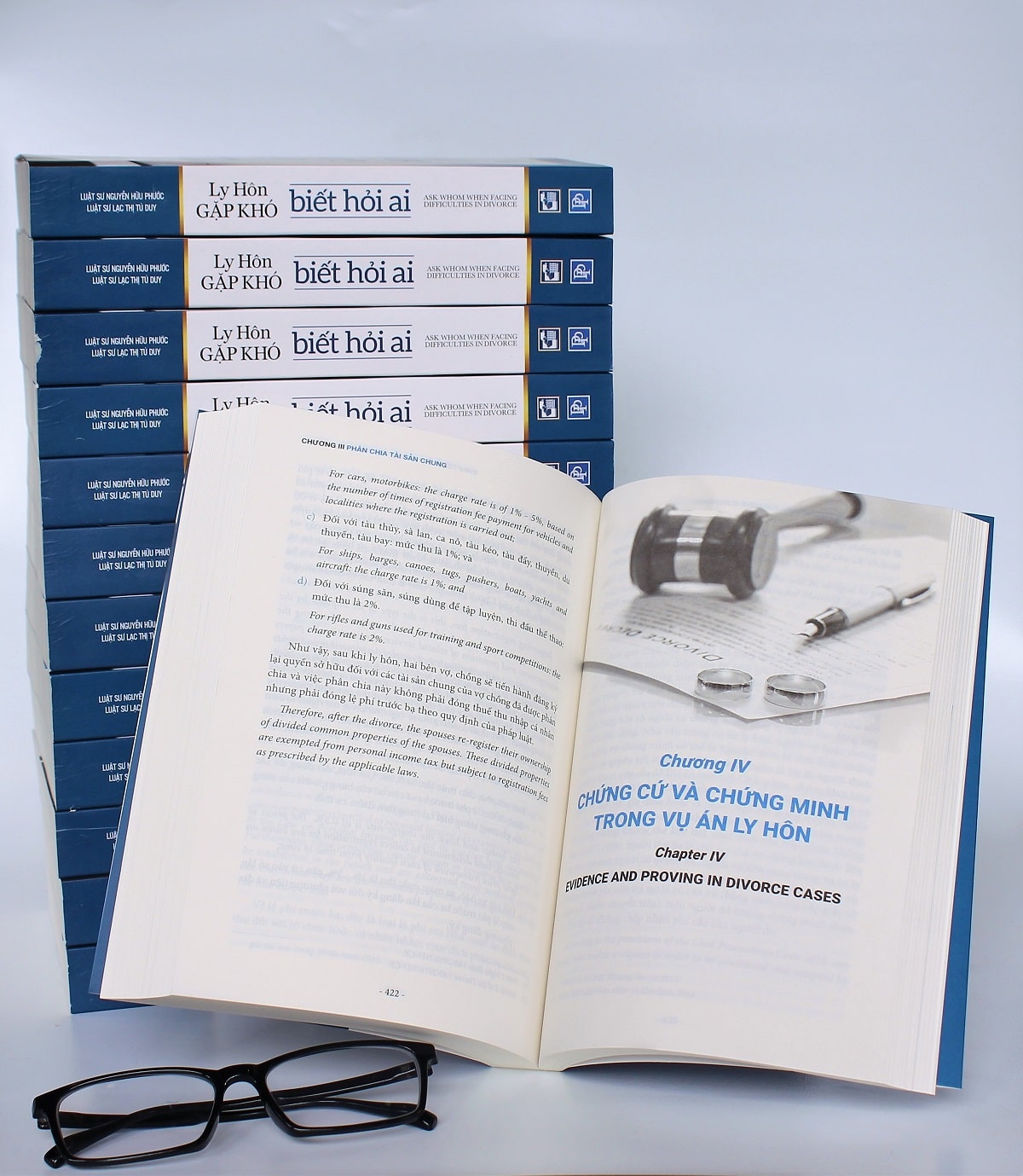According to the law, if either of the spouses requests for compensation due to the fault of the other spouse to leak information relating to the divorce case to third parties or on social networks, it is the request or compensation for non-contractual damages (i.e. causing damage when having no agreement, contract between the two spouses). In order for the request for compensation for non-contractual damages is accepted, it is required the aggrieved spouse to prove the satisfaction of 03 principles as follows:
- Unlawful acts of the spouse causing the loss and damage;
- There are actual loss and damage incurred; and
- There is a causal relationship between the act of causing loss and damage and actual loss and damage of the aggrieved spouse[2].
Hence, back to the original problem, does the leakage of documents and evidence in the case file cause the other spouses to suffer loss and damage, give rise to an obligation for the person who leaked the information to pay compensation for the loss and damage suffered? We should consider whether the act satisfies the three principles of compensation for the loss and damage as mentioned above.
Firstly, in terms of illegal acts, the current Civil Proceedings Code does not provide confidentiality obligations of the litigants in the divorce case unless the documents and evidence belong to State secrets, national customs and traditions, occupational secrets, business secrets, personal secrets, and family secrets at the legitimate request of the spouses. Thus, if the spouse has requested the Court to keep information related to the above information confidential, and the person involved in the process of copying documents, evidence has not complied with the confidentiality and then that leads to the leak of information, this behaviour is likely to be unlawful. At the same time, the provisions of the law also stipulate that copying documents and evidence must comply with the Law on the Protection of State Secrets, professional secrets, business secrets, and privacy secrets[4]. Therefore, if the act of leaking information violates these regulations, this is also considered as illegal.
Secondly, there are actual losses and damage incurred. Even if the spouse leaks information and documents unlawfully, if the loss and damage cannot be proved, the aggrieved spouse may only have the right to request the violating spouse to stop the breached action without any compensation. The requesting spouse must clearly prove what loss and damage suffered and to what extent. Compensatory loss and damage include physical and mental loss and damage. The requester must make specific and reasonable estimates of the level of each kind of loss and damage.
Thirdly, there is a causal relationship between the breach, and the damage of the aggrieved spouse. The requester must be able to prove that the information disclosed was due to the person copying the documents and not due to a third party, social network, or any other source. At the same time, the requester must also prove that the disclosure of information in the case file by a third party or the release of such information through a social network has resulted in loss and damage to himself or herself but not by the other cause.
Thus, if all of the above principles are satisfied, the claim may be approved by the competent Court.
However, if a litigant requests the designated Judge to settle his or her claim for compensation
for non-contractual loss and damage, the designated Judge will refuse because
the nature of divorce case will focus on resolving three main issues: marriage relationship, the division of common properties of the spouses and the common child-rearing
and care. These are the three key issues of divorce cases and all requests or participants are rooted in these three main issues. Compensation for
non-contractual loss and damage claims is indeed related to the spouse’s relationship but it is irrelevant to the above
three issues. If a wife is to file a
lawsuit against her husband for compensation
(or vice versa), the relationship between them, would only be
between the aggrieved spouse and the spouse causing the loss and damage, not the marriage relationship.
Therefore, for making a claim to compensate the loss and damages as mentioned
above in a divorce case, it is possible for the
Judge handling the divorce case to
refuse to settle in the resolution of the divorce case.
Although the Judge does not accept the claim, he or she is still responsible
for guiding the petitioner to sue in another civil case.
[2] Article 584 of the Civil Code 2015.
[4] Article 109.2 of the Civil Proceedings Code 2015.
If you would like more information on how we can assist you with divorce issues, please contact us at: +84 (28) 36223522 or email us at info@phuoc-partner.com

